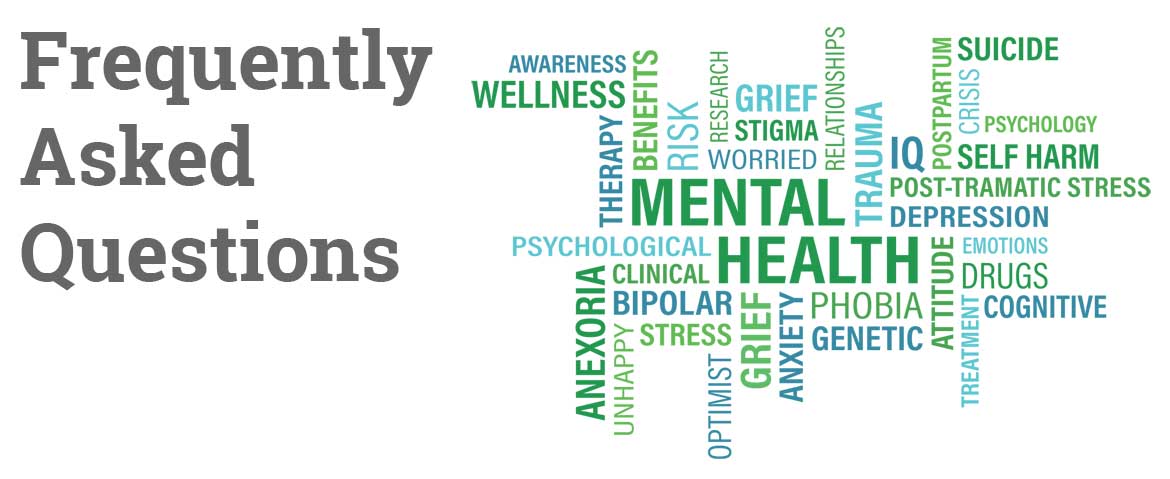How much does counselling cost?
€50.00 per hour
Sliding scale available for students and the unemployed (Contact for details)
What is meant by counselling?
Sharing how you feel can sometimes feel strange if your coping mechanism has been or is to keep things to yourself. It is in your talking that you enable growth and change from within. This enables you discover your own strength and thus new ways of leading the life that suits you.
Why go to counselling?
Some clients will attend counselling because they are feeling sad, angry, anxious and find they lack interest in things they used once enjoy, perhaps they have lost a loved one through death or a relationship ending, drug addiction, eating disorders, sexual problems, loss of a job, work related issues, financial and housing issues, physical or emotional abuse, or maybe they have experienced a traumatic event.
Why can I expect by attending counselling?
Counselling is not always a quick process. Acquainting or reacquainting ourselves with self sometimes is not always smooth. For some it can feel very strange and we may wish to run from the feelings that can come up in the process. An exploration of inner self is a courageous step that can take time and produce temporary periods of frustration as we work things out and pave the way for renewal.
Goals are helpful in achieving results. Changing our lives can be hard. And implementing new aspects can sometimes be even harder. Understanding and setting expectations enables the counselling process to flow better and reach a more productive outcome.
What types of counselling exist?
An integrative approach takes account of all aspects of the client; behaviour, cognition, psychology, social and spiritual aspects. Typically, Karen uses this approach and incorporates Cognitive Behavioural Therapy, motivational interviewing, or perhaps a solution focused behavioural therapy approach.

